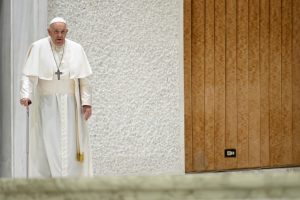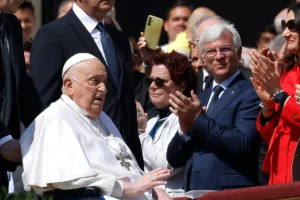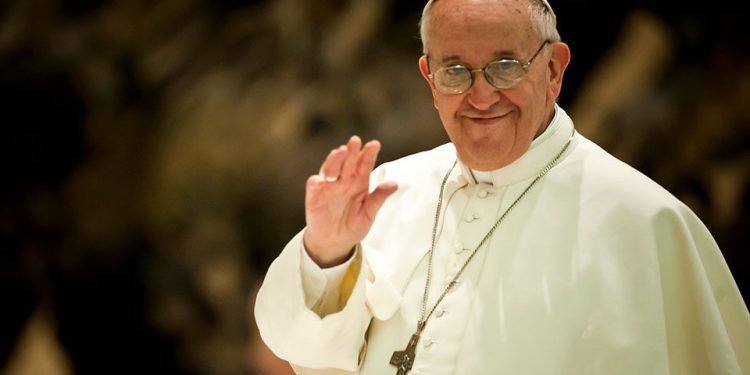The world mourns the loss of Pope Francis, who passed away today. Born Jorge Mario Bergoglio on December 17, 1936, in Buenos Aires, Argentina, he became one of the most beloved and transformative leaders of the Catholic Church. His life was marked by compassion, reform, and a deep commitment to the poor.
Early Life and Calling
Bergoglio grew up in a working-class family, the son of Italian immigrants. He trained as a chemist before feeling called to the priesthood. In 1958, he joined the Society of Jesus (Jesuits), known for its focus on education and social justice. Ordained in 1969, he spent years teaching and leading within the Jesuit order in Argentina.
Rise to the Papacy
After serving as Archbishop of Buenos Aires (1998-2013), he was made a cardinal in 2001. Known for his simplicity, he lived in a small apartment, cooked his own meals, and often visited slums. His humility resonated globally.
In 2013, following Pope Benedict XVI’s resignation, Bergoglio was elected pope, taking the name Francis in honor of St. Francis of Assisi, the patron saint of the poor. He was the first Jesuit pope, the first from the Americas, and the first from the Southern Hemisphere.
A Pope of the People

Francis broke tradition in many ways. He rejected the lavish papal apartment, choosing instead to live in a modest Vatican guesthouse. He washed the feet of prisoners, embraced the sick, and called for mercy over judgment. His famous quote, “Who am I to judge?” reflected his open-hearted approach.
He prioritized social justice, speaking against inequality, climate change, and corruption. His encyclical Laudato Si’ (2015) urged action on environmental protection, while Fratelli Tutti (2020) promoted global solidarity.
Challenges and Controversies
Not everyone agreed with his reforms. Conservatives criticized his openness to divorcees and LGBTQ+ Catholics. Yet, he remained steadfast, pushing for a more inclusive Church while upholding traditional doctrine.
Legacy of a Humble Leader

Pope Francis reshaped the papacy with his warmth and relatability. He met with refugees, denounced war, and called for peace in Ukraine and the Middle East. Even in declining health, he continued his mission.
His death leaves a profound void, but his legacy of mercy, humility, and courage will endure. The world has lost not just a pope, but a true shepherd of the people.
Rest in peace, Pope Francis (1936–2024).
For more news: Decode.ng



























































